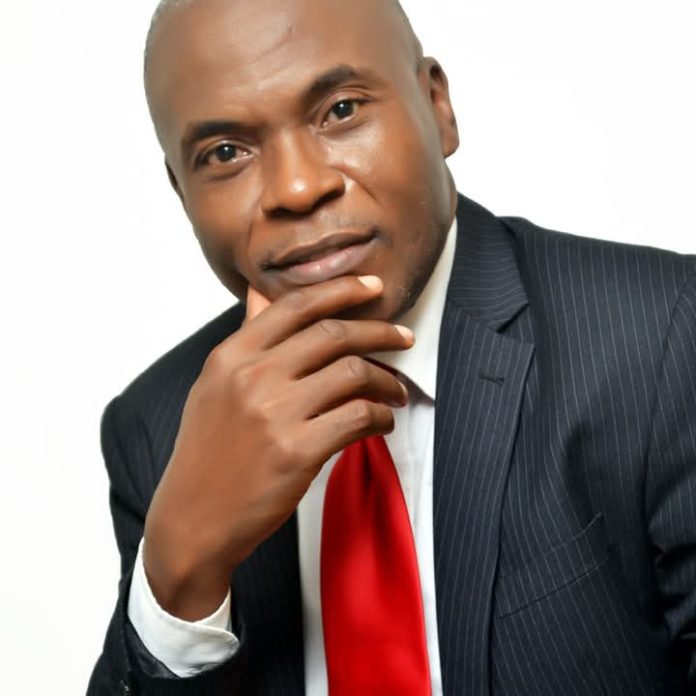For years, stereotypes about Igboland and its people have persisted, often fueled by ignorance and misinformation. Agunze Azuka Onwuka has repeatedly called on Igbos to counter these misconceptions with evidence rather than mere words. His message is clear: waiting for false narratives to fade on their own is self-deceit—only proactive measures can change the narrative.
How often have we heard statements like “There’s a Yoruba man or Hausa man thriving in my village” or “Non-Igbos live and do business peacefully in Igboland”? While true, these oral stories lack the impact of visual proof. Agunze Onwuka urges Igbos to publish photos, videos, and stories of these examples, showcasing the inclusivity and hospitality Igboland is known for. Yet many dismiss this, saying, “It doesn’t matter.”
This complacency allows falsehoods to thrive. Every so often, someone who has never lived in the Southeast will claim that Igbos don’t sell land to non-Igbos, don’t accommodate outsiders, or don’t offer them appointments. Suddenly, the same people who downplayed the need for proactive storytelling are forced into reactionary rebuttals.
Onwuka stresses that being proactive achieves better results than playing defense. Across the Southeast, non-Igbos are thriving—owning businesses, buying property, and integrating seamlessly into communities. Yet these stories are rarely shared. If such stories, supported by visuals, were consistently published, they would drown out the lies and reshape perceptions.
He reminds us that deeply ingrained falsehoods—like the myths about Igbos avoiding education or living in huts—were only dispelled when statistics and images proved otherwise. Similarly, to counter claims about exclusivity, Igbos must highlight the reality of non-Igbos’ success in Igboland.
As Agunze Onwuka rightly points out, relying on others to correct the narrative is futile. Igbos must take charge, whip out their phones, and show the world the truth about Igboland’s hospitality and inclusivity. Without this, the cycle of misinformation will continue. It’s time to break the cycle and let the world see the true Igboland.




